
Rogers celebrates Doctors’ Day
03/23/22 06:59:pm
In honor of National Doctors’ Day on March 30, we invited staff to tell us about the physicians they admire. Please take a moment to read what makes our psychiatrists so special. Thank you to everyone who took a moment to submit their comments.
Additionally, we asked several psychiatrists to participate in a Q&A, sharing with us how they take care of their own mental health, what they appreciate most about their colleagues, their hopes for the future of treatment, and more.
What does self-care mean to you? How do you take care of yourself so that you can take care of others?
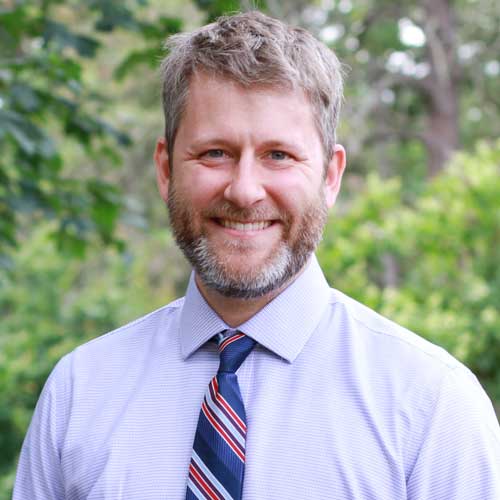
Mitzi Kramer, MD, FAPA, medical director, Trauma Recovery Services: “Self-care is a necessary and vital part of work-life balance. Many of the strategies I utilize are similar to those I recommend to our residents. A newly discovered passion is cooking with my children. We take turns choosing a different cuisine every month, then enjoy picking out the recipes, shopping for the ingredients, and finally preparing the meal together. My specialty is Southern cooking, but I’ve expanded my horizons to include Thai and Korean dishes, as well as Mediterranean fare and Indian cuisine. This month we’re tackling Spanish 
Camila Albuquerque, MD, psychiatrist, Miami: “It means taking time to recognize my physical, mental, and emotional needs and taking time to work on them. I believe that we have to work on those needs before they become problematic to ensure they remain balanced and healthy. I always take time to have fun with my family, and I exercise regularly.”
David Guth, DO, psychiatrist, Minneapolis: “Self-care is the ability to balance the varied aspects of my life. I have used the acronym SPIES for many years to help guide me: S - Spiritual, P - Physical, I - Intellectual, E - Emotional, S - Social. By keeping these five things in mind, I am able to maintain a healthy equilibrium to help promote self-care and take care of others.”
What do you appreciate most about your Rogers team?
Dr. Albuquerque: “I appreciate that we ARE a team, and we work as such. I connect and work very closely with my co-workers from our Miami clinic, but also feel very connected and close to leadership from other clinics and administration. When we have difficult cases and need some guidance, we reach out to other clinics, and they are always very willing to help.”
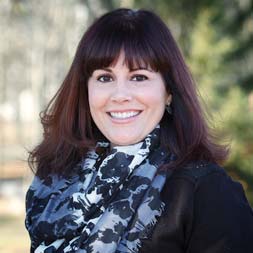
Oludamilola Salami, MD, medical director, Adult Inpatient Care, Oconomowoc: “Flexibility in adapting to rapidly changing situations.”
Aman Mahajan, MD, MRCPsych, psychiatrist in Brown Deer and medical director for Brown Deer’s upcoming child and adolescent residential care: “I have had the opportunity to work with wonderful, committed colleagues from diverse backgrounds with multifarious skills who strive toward achieving the common goal of providing evidenced-based quality mental health and addiction treatment to patients with various mental illnesses. All are working toward the shared goal of making a meaningful contribution in patients’ lives and helping them attain their and Rogers’ goal: life worth living.”
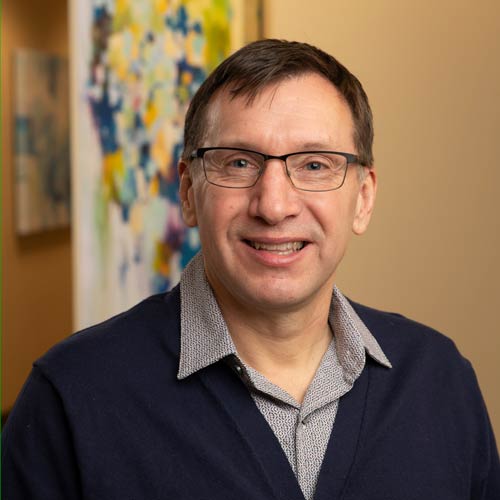
Why is it important to be connected to colleagues across the System?
Dr. Lowden: “Our patients may experience treatment from Rogers across a continuum of programs, so it’s important to be able to collaborate around that patient’s particular treatment and needs. We also have such a wonderful group of diverse and talented providers that being able to interface with them is of extreme significant value.”
Rogers is celebrating its 115th anniversary this year. What are some of the most meaningful moments from its history?
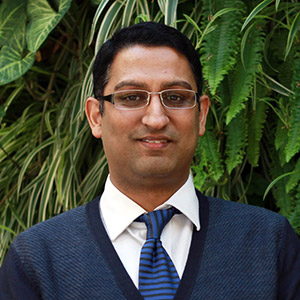
Dr. Salami: “Integrating care across the continuum, from inpatient to intensive outpatient.”
As we look forward, what are your hopes and dreams for behavioral health treatment in the next decade?
Dr. Albuquerque: “I hope that psychiatric care is more widely available and accepted by people. Those two points are equally important because, unfortunately, the stigma still exists and continues to prevent people from seeking help, even when there is care in place. Not only psychiatrists, but family doctors, pediatricians, OB-GYNs, and all primary care doctors should be providing psychoeducation about mental health.
For me and Rogers, I hope to improve our Hispanic/Latino programs, and I also hope to have the TMS service up and running in Miami, as it brings an additional tool to fight depression, a pathology that continues to significantly affect an increasing number of people 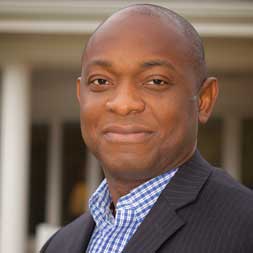
Dr. Salami: “Expanding treatment options to include other somatic therapies, such as electroconvulsive therapy (ECT).”
Dr. Kramer: “My hope would be for an increase in the availability of resources to treat individuals suffering with symptoms of post-traumatic stress disorder. Rogers already has an exemplary Trauma Recovery program, however, the paucity of mental health counselors who provide trauma-informed care can lead to challenges for disposition once they’ve completed their treatment course at Rogers. With education and training, we could provide outpatient therapists the tools to provide support via a trauma-informed approach, which will lead to improved patient outcomes after discharge. In addition, there are some novel pharmacotherapy treatment approaches on the horizon that may prove promising. These newer psychotropics could prove more efficacious than our current treatment approach that typically only provides partial improvement in symptom reduction.”





